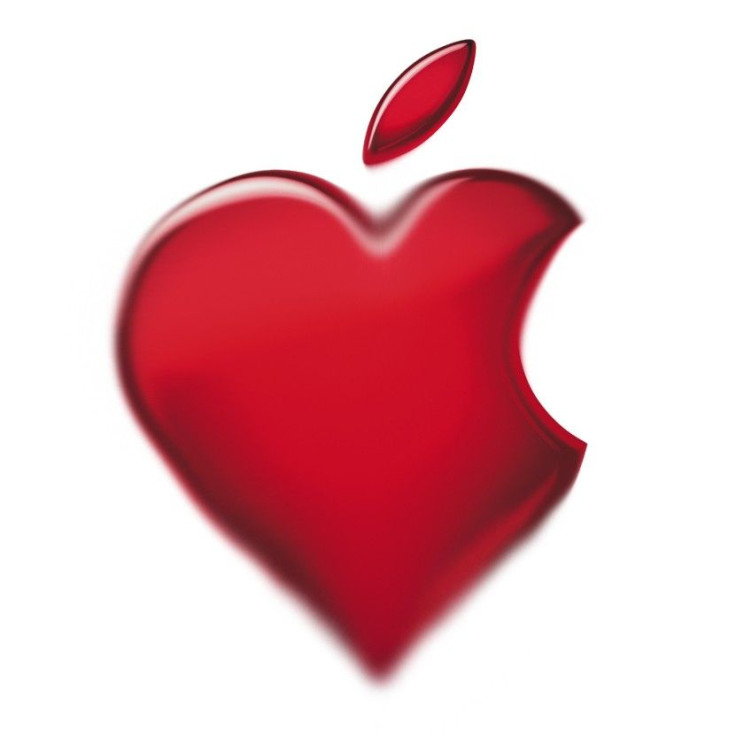Apple snubs Facebook for its own social network

Just because Apple couldn't cozy up to Facebook last year doesn't mean that they have no back-up plan for their social network venture.
According to MacRumors, Apple applied for a new patent for what some are calling iDating or iDate.
The patent filing states, Social networks are a well known phenomenon, and various electronic systems to support social networking are known. Growing a social network can mean that a person needs to discover like-minded or compatible people who have similar interests or experiences to him or her. Identifying like-minded people, however, often requires a substantial amount of and time and effort because identifying new persons with common interests for friendships is difficult. For example, when two strangers meet, it may take a long and awkward conversation to discover their common interests or experiences.
The application for iPhones takes advantage of the GPS function to scan other iOS users within your vicinity, letting you know their locations and interests as well.
Within the patent filing, Apple writes, Common interests and experiences of two or more users located close to each other can be identified from content, including automatically created usage data of the mobile devices. Usage data of a mobile device can be created based on activities performed on the mobile device (e.g., songs downloaded), a trajectory of the mobile device (e.g., places traveled), or other public data available from the mobile device (e.g., pictures shared).
Who needs to fish for small talk when you can get straight to the point?
With this comes security concerns just as when Facebook launched their auto photo tagging function.
[It] is rather creepy and stalker-like to think that simply because you didn't set-up your security settings properly you might be approached by a complete stranger who doesn't just know your name but also all about your unhealthy interest in Indian erotic literature, writes Jonny Evans for Computerworld.
But Of course, all this would be opt-in only to avoid any privacy concerns. For example. GPS tracking could identify people who have traveled to the same locations. Phone numbers and contacts can be compared, as well as common bookmarks or games played on device...They even suggest that facial recognition features could be used to identify common contacts, states Arnold Kim for MacRumors.
Last year, Facebook and Apple were mismatched in an attempted partnership to integrate Facebook in Apple's music social network, Ping.
Beginning this month, Twitter was officially announced to be deeply integrated into iOS 5. Users can then tweet apps, share photos, and sync contacts.
Joe Wilcox for Betanews offered some suggestions to the rift between Apple and Facebook:
Developers write applications for Facebook's largely closed cloud OS. Whereas, Apple developers create apps for iOS and Mac OS X running on devices. From a platform perspective, Apple and Facebook are competitors...from platform and app development perspectives, the companies are competitors. The developer incentives are different, too -- Apple's revenue sharing being the major one and the number of Facebook app developers using the social service to mine data and target customers being others.
Twitter is not an applications platform, per se. That may change in the future. But Twitter is unlikely to become anything like Facebook, which is more a closed community. Twitter is more open from the perspective of APIs and design. That and, Twitter...uses more of a broadcast model, where people chose to subscribe to someone rather than join their network as friend. Facebook's relationship approach is more exclusive. Twitter's is not. Apple can provide its customers the benefits of status, essentially using Twitter as part of a social networking framework, without taking on Facebook baggage and becoming dependent on a growing competitor for customers' time and content, writes Wilcox.
Whether we see the fruition of this patent or not, there should be information security awareness. With the latest hacking successes by LulzSec, of course Apple and Facebook will tell you that you have the choice to participate in their intricate network endeavors or not. Do we really?
© Copyright IBTimes 2024. All rights reserved.











